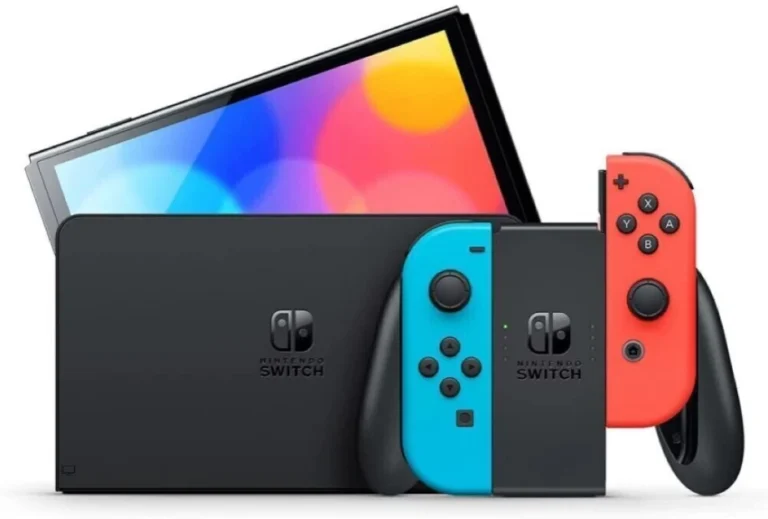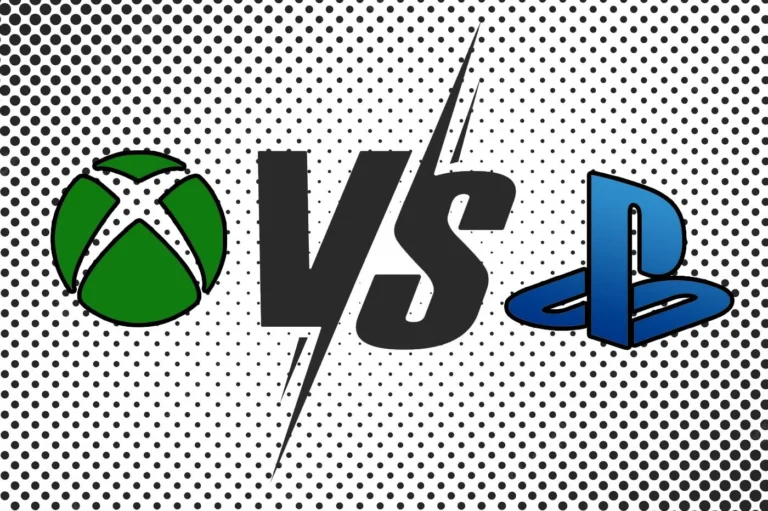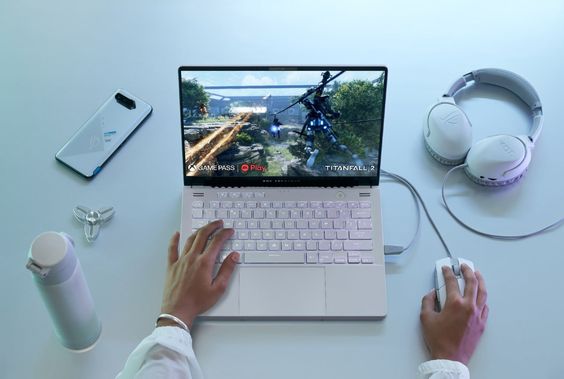Introduction
Looking to buy a new laptop but not sure where to start? Whether it’s for school, college, gaming, or just chilling and watching Netflix, picking the right laptop can be tricky. With so many options out there, how do you know which one is the best fit? Don’t worry! In this guide, we’ll break down the key tips to help you find the perfect laptop without blowing your budget.
1. Know What You’ll Be Using It For
Before you dive into shopping, it’s important to figure out what you’ll use the laptop for. Different needs mean different laptops:
• Students and Casual Users: If you need a laptop for schoolwork, browsing, and basic stuff like watching videos, a lightweight laptop with at least 8GB RAM and a decent processor like an Intel Core i3/i5 or AMD Ryzen 5 is your go-to.
• Creators and Designers: If you’re into video editing, graphic design, or coding, you’ll need something powerful with a good processor (Core i7 or Ryzen 7), lots of RAM (16GB+), and a high-quality display.
• Gamers: For all the gamers out there, look for a laptop with a strong graphics card (like an NVIDIA GTX/RTX series), a fast refresh rate screen, and good cooling so it doesn’t overheat.
• Everyday Use: For basic stuff like social media, movies, and music, a budget laptop with 8GB RAM and SSD storage will do the job.
2. Set a Budget That Makes Sense

Let’s talk money. Setting a budget is key because laptops come in all price ranges:
• Budget Laptops (₹25,000 – ₹40,000): Good for basic tasks, online classes, and light usage. You’ll find decent options here, but they might have limited storage or performance.
• Mid-Range Laptops (₹40,000 – ₹70,000): This is the sweet spot for most people, offering better performance, build quality, and a few extra features.
• High-End Laptops (₹70,000 and Above): If you want top-tier performance, sleek design, and premium features, this is where you’ll find them. Perfect for gamers, creators, and professionals.
3. Focus on the Features That Matter
With so many specs to consider, it’s easy to get lost. Here’s what you really need to focus on:

• Processor (CPU): The brain of your laptop. An Intel Core i5 or AMD Ryzen 5 is usually enough for most tasks. If you’re into heavy multitasking, go for an i7 or Ryzen 7.
• RAM: Aim for 8GB RAM if you’re a student or casual user. If you need more speed or do creative work, 16GB or more is ideal.
• Storage: An SSD makes your laptop faster when booting up and opening apps. A 256GB SSD is a good start, but go for 512GB if you have lots of files or games.
• Display: A Full HD (1080p) screen is the minimum. If you love watching movies or do design work, consider a higher-resolution screen with better color accuracy.
• Battery Life: Don’t just trust the specs on paper—check real user reviews for battery life in everyday use.
4. Think About the Future

Buying a laptop is an investment, so think ahead:
• Upgradability: Some laptops let you add more RAM or storage later. This can be a big plus if you want to extend its lifespan.
• Latest Ports and Connectivity: Make sure it has modern features like USB-C, Thunderbolt, and Wi-Fi 6 to stay future-proof.
5. Choose the Right Software and Ecosystem
Your laptop’s software should match your needs:

• macOS (Apple): If you’re already using an iPhone or iPad, a MacBook might fit right into your digital life, especially if you’re into creative work.
• Windows: The most versatile option, great for everything from schoolwork to gaming. It supports almost every app and software out there.
• ChromeOS: Lightweight and affordable, perfect if you mostly use Google services and don’t need much storage.
6. Look at Brand Reputation

Not all brands are the same when it comes to quality and support. Here’s a quick guide:
• Top Brands: Lenovo, HP, Dell, and Apple are known for good build quality and reliable performance.
• Customer Support: Make sure the brand you pick offers good customer service, especially if you might need help later.
7. Read Reviews and Compare

Once you’ve narrowed down your options, check out what others are saying:
• Expert Reviews: Websites and YouTubers like Digit, Beebom, and Technical Guruji give detailed reviews and recommendations.
• User Opinions: Check online stores and forums to see what real buyers think. It’s helpful for spotting issues that might not be obvious at first.
8. Consider Resale Value

If you plan to upgrade your laptop in a few years, consider brands that hold their value well. Apple, for example, tends to have higher resale value, making it easier to sell when it’s time for an upgrade.
Conclusion
Choosing the right laptop doesn’t have to be complicated. By focusing on your needs, setting a budget, and considering the features that matter most, you can find a laptop that’s perfect for you without the stress.
For more specific recommendations, check out our detailed posts on Best Gaming Laptop Under 1 Lakh: Your Ultimate Guide and Best Laptop For Students In India 2024. These guides dive into the best models for gaming and academic use, offering insights tailored to your interests and needs. Happy laptop hunting!






